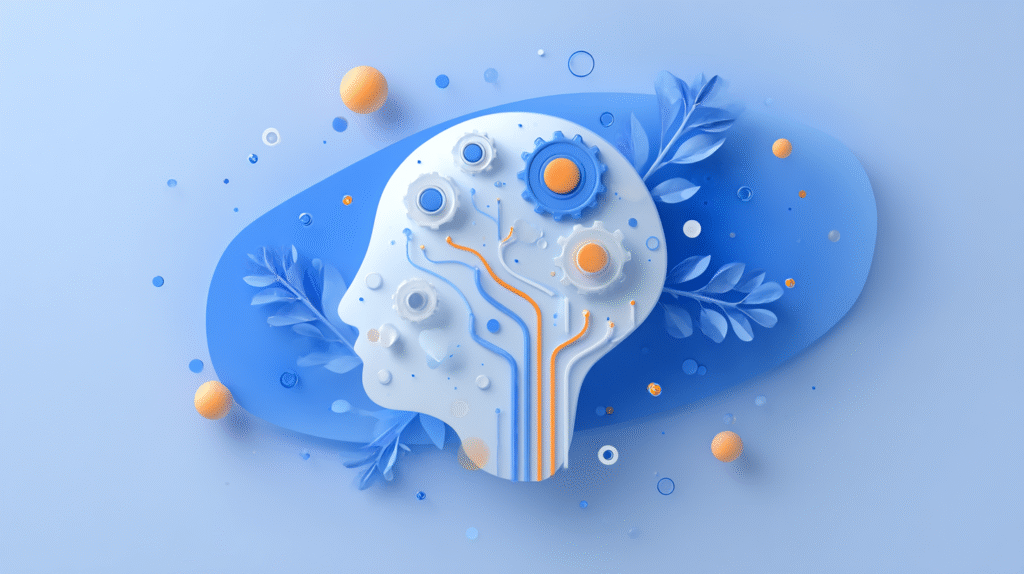As businesses globally adapt to rapid technological advancements, the impact of AI on HR organizations has become a central theme of discussion among HR professionals and business leaders. The integration of Artificial Intelligence (AI) within human resources is not just a trend; it’s a crucial evolution, reshaping how organizations manage talent, engagement, and performance. This article delves into the significant effects of AI on HR, focusing on the challenges and opportunities it presents, and how companies can effectively balance AI with the essential human touch in the workplace.
Understanding AI in HR
Over the past few years, the emergence of AI technologies has revolutionized various sectors, including human resources. From AI recruitment tools that streamline candidate selection to sophisticated HR analytics systems that provide actionable insights, the incorporation of AI is enhancing the efficiency and effectiveness of HR practices.
But what exactly is AI in HR? Essentially, it refers to the use of artificial intelligence technologies to automate and optimize various HR functions, such as:
- Talent acquisition and recruitment
- Employee engagement and experience
- Performance management
- Learning and development
- HR analytics and reporting
These applications significantly reduce the administrative burden on HR professionals, allowing them to focus more on strategic initiatives that enhance overall workforce effectiveness.
The Evolving Role of HR
With the incorporation of AI, the role of HR is evolving from administrative task management to becoming a strategic partner in business growth. Traditionally, HR’s responsibilities primarily revolved around personnel management, compliance, and benefits administration. However, as AI technologies advance, HR professionals are now expected to harness data for informed decision-making and strategic planning.
For instance, by leveraging data analytics, HR departments can gain insights into workforce trends, employee performance, and employee satisfaction, enabling them to implement more effective HR strategies. AI can assist in identifying patterns, predicting turnover, and even determining training needs, thereby enhancing the overall employee experience.
Balancing AI and Human Contributions
Despite the myriad advantages of AI, it is essential to emphasize that technology should complement—not replace—the human element in HR. One of the key challenges organizations face is balancing the use of AI with the indispensable human insights that shape company culture and employee relationships.
HR professionals must recognize that while AI can handle data-heavy tasks with precision, it lacks the emotional intelligence that humans possess. Therefore, finding the right equilibrium between AI automation and human interaction is critical. Some strategies for achieving this balance include:
- Augmenting decision-making: Use AI tools for data analysis while ensuring that final decisions involve human judgment.
- Maintaining personal touch: AI can manage routine communications, but HR teams should engage face-to-face or through personal interactions for crucial discussions.
- Continuous learning: Encourage HR practitioners to upskill in AI technologies while retaining essential interpersonal skills.
Future-Oriented AI Trends in HR
The future of HR is being shaped by several emerging AI trends. As these technologies evolve, HR organizations must stay informed to leverage them effectively. Key trends to watch for include:
- Increased use of predictive analytics: Organizations will leverage HR analytics to predict employee behavior and optimize talent management strategies.
- AI-driven employee engagement platforms: Real-time feedback and engagement tools powered by AI will become more commonplace.
- Virtual reality (VR) recruitment: VR technology may enhance the recruitment process, offering candidates virtual tours of company culture and work environments.
The integration of these technologies will not only improve efficiency within HR departments but also create a more engaged and motivated workforce.
Addressing Key Challenges with AI Integration
While the benefits of AI in HR are numerous, organizations often face challenges when implementing these technologies. Here are some common hurdles along with actionable solutions:
- Data privacy and ethics: As businesses collect and analyze vast amounts of employee data, privacy concerns may arise. Organizations should establish clear data governance policies and ensure compliance with regulations such as GDPR.
- Resistance to change: Employees may resist adopting new technologies. It is crucial to communicate the benefits of AI and provide training sessions to facilitate a smoother transition.
- Cost of technology: The initial investment in AI technologies can be substantial. Companies should evaluate their ROI and consider cloud-based solutions, which often provide more flexibility and lower costs.
By addressing these challenges, organizations can create a more conducive environment for AI adoption in HR.
Practical Insights for HR Professionals
As HR professionals seek to integrate AI effectively, here are some practical insights to consider:
- Start small: Begin with pilot projects to test AI tools in specific HR functions before a full-blown implementation.
- Encourage feedback: Solicit input from employees about AI applications to understand their perspectives and make necessary adjustments.
- Collaborate with tech partners: Partnering with AI vendors can provide access to expertise and resources that may be lacking in-house.
Key Takeaways
In conclusion, the integration of AI in HR organizations presents both opportunities and challenges. Organizations that successfully adapt and innovate will not only enhance operational efficiencies but will also foster a culture that values employee contributions and wellbeing.
As we move forward, understanding the transformative power of AI will be essential for HR professionals and business leaders. The future of HR lies in blending cutting-edge technology with the irreplaceable human touch—an approach that promotes a thriving workplace.





